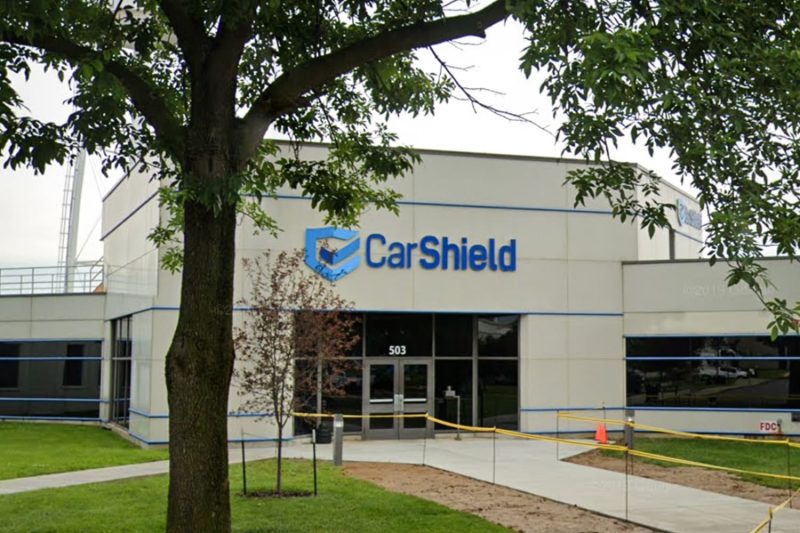In a recent development that has garnered significant attention in the automotive industry, CarShield has been ordered to pay a hefty $10 million federal settlement over deceptive repair coverage ads. This landmark decision comes as a result of an investigation by the Federal Trade Commission (FTC), which revealed that CarShield’s advertisements misled consumers about the extent of coverage provided under their auto service contracts.
The FTC found that CarShield’s marketing tactics were deceptive in multiple ways. One of the main issues identified was the misrepresentation of the coverage offered by their service contracts. CarShield claimed in its ads that consumers would not have to pay for covered repairs, leading many to believe that virtually all repairs would be covered. However, the investigation uncovered that CarShield often denied coverage for common repairs and maintenance services, leaving consumers to foot the bill themselves.
Moreover, CarShield was also found to have engaged in deceptive practices by failing to disclose important information about their service contracts. The FTC discovered that the company did not clearly communicate crucial details, such as the exclusions and limitations of coverage, which are essential for consumers to make informed decisions about purchasing an auto service contract.
The $10 million federal settlement represents one of the largest monetary penalties ever imposed on an auto warranty company by the FTC. In addition to the financial consequences, CarShield has been ordered to make significant changes to its advertising practices to ensure compliance with consumer protection laws. These changes include providing clear and accurate information about the extent of coverage offered, as well as disclosing all relevant terms and conditions of their service contracts.
The outcome of this case serves as a stark reminder of the importance of transparency and honesty in advertising, especially when it comes to financial products and services. Consumers rely on advertising to make informed decisions about their purchases, and companies must uphold high standards of truthfulness and clarity in their marketing efforts.
Moving forward, it is crucial for companies in the automotive industry, and beyond, to take heed of the lessons learned from CarShield’s case. By prioritizing transparency, providing clear and accurate information to consumers, and adhering to consumer protection laws, companies can build trust with their customers and avoid costly legal repercussions.
In conclusion, the $10 million federal settlement imposed on CarShield underscores the significance of honesty and transparency in advertising. This case serves as a valuable lesson for companies across industries to prioritize consumer protection and ensure that their marketing practices are truthful and in compliance with the law.
